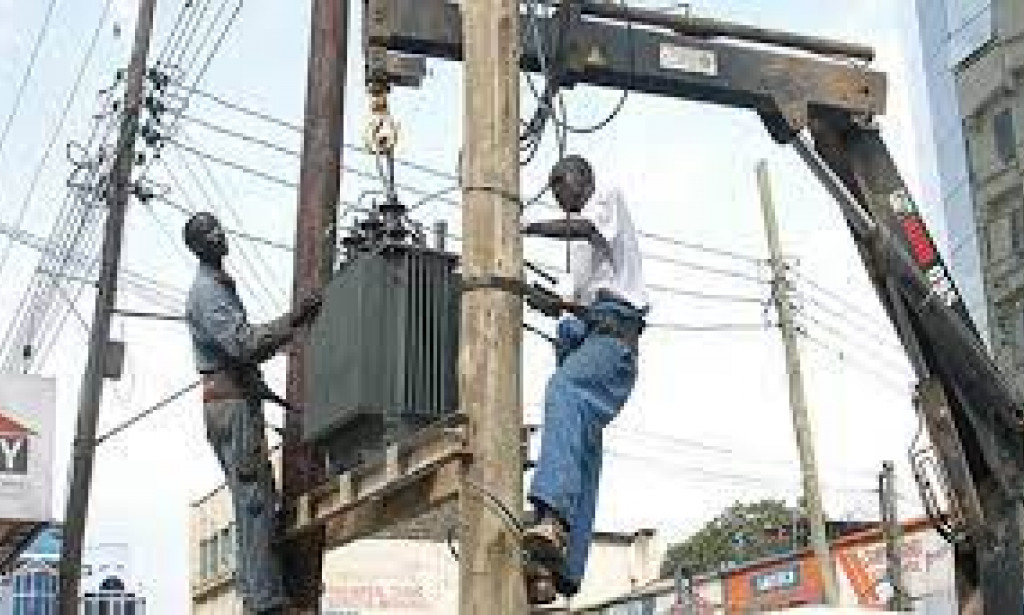
Power in the nation has been epileptic in the previous months and it has been accused on unfortunate stock from the country's public lattice. Power age organizations have additionally credited the issues to the N1.6 trillion debt owed to them by the Nigerian Bulk Electricity Trading Plc.
Nigeria has a long history of powerlessness to fulfil the power supply needs of the country. A succinct report had before noticed that main 55.4% approach power as at 2019, and albeit 2000 megawatts is created consistently, around 26% of that isn't used.
Albeit the nation intends to produce 3000 megawatts from environmentally friendly power by 2030 and desires to hit 27,000 megawatts from its power plants, an audit of the International Renewable Agency Data shows that the nation has not boosted existing ability to meet current power needs.

Nigeria's lack of solid power supply is an imperative on the country's monetary development. The nation needs to broaden its economy past oil and gas incomes, since that market is unpredictable. However, on the off chance that the eager for energy private area put more in self-age to make this conceivable, contamination would rise. An expansion in self-age would increment ozone depleting substance discharges.
There's broad writing on the energy arrangements that could give dependable power supply. However, a large portion of it has zeroed in on limited scope frameworks like sun based power for rustic homes. There is still requirement for power in metropolitan regions, for lighting homes as well as for controlling business and modern tasks.
The most reasonable answer for countrywide power access is the mix of unified and decentralized power frameworks. These arrangements would in a perfect world give continuous power supply, have modest working expenses and be naturally spotless.
The power market should be organized to make energy exchanging conceivable. This is the place where an independent energy maker can offer overabundance capacity to a private bequest, for instance, at a value the purchaser and dealer settle on.
As of now, anybody who produces over 1MW of power needs a power age permit to exchange energy lawfully. A more reasonable benchmark would be around 10MW, so that permitting doesn't turn into an administrative hindrance.


You must be logged in to post a comment.